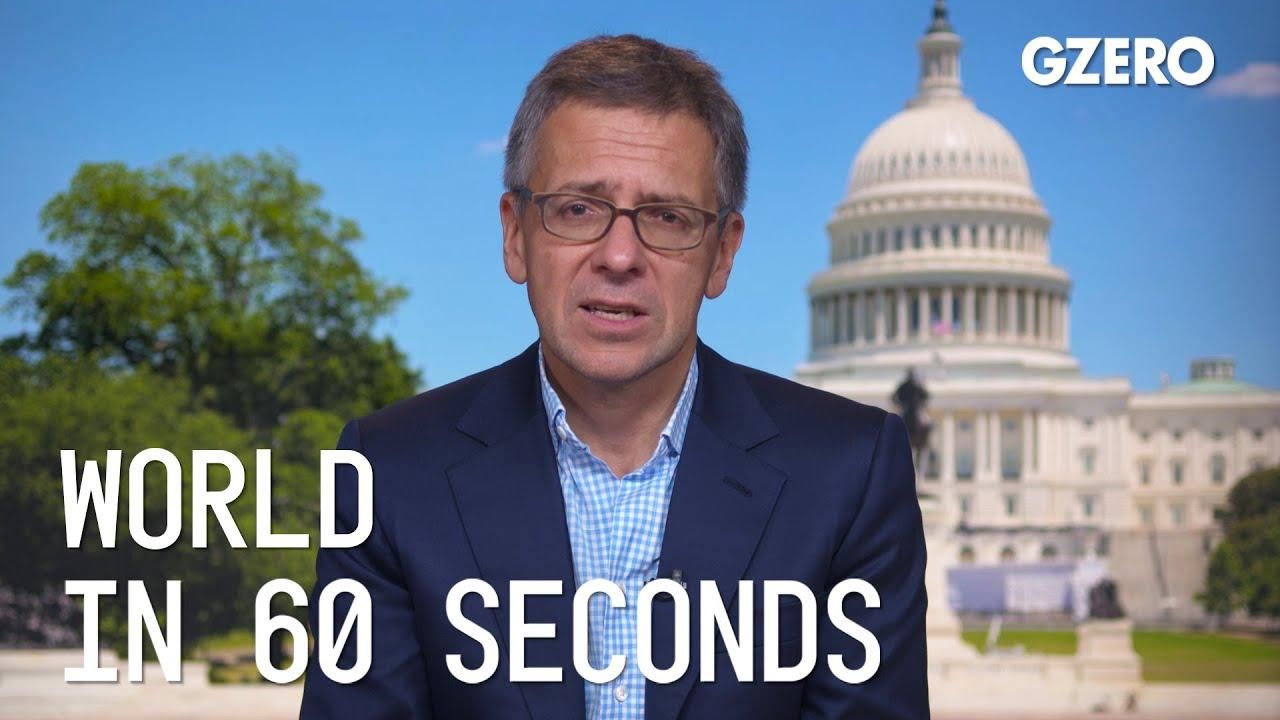
Ian Bremmer shares his insights on global politics this week on World In 60 Seconds.
Can new Prime Minister Rishi Sunak fix the United Kingdom?
No. Fix is aggressive. Right? But can he stabilize it? I think he can move in that direction, certainly not in the next few months because you know the economic crisis is real. The hole is deep. Energy prices are massive, and the UK's not prepared for it. But the orientation of UK fiscal policy is going to be very much more in line with what the markets want. They have been punishing the UK and Liz Truss dramatically from all of these. The giveaways that were being planned, many to the rich, and none of which were going to be funded. A more constrained fiscal environment is what Rishi is going to be putting in place. Of course, the UK population may not be happy about that at all. What he can do for his own future and the Conservative Party is a much bigger hole, frankly, than where the UK is going.
With the DOJ charging Chinese operatives with espionage, what signal is the US sending Xi Jinping?
The signal is that on the technology front, the Americans are going to play hardball, whether it's Huawei or 5G or semiconductors or robotics. Any area that is considered to be contiguous with or overlapping national security, the Americans are going to promote national champions in the US and among allies, and are going to decouple aggressively from the Chinese. We saw some of this under Donald Trump. We're seeing more of it under Joe Biden. On balance, you'd have to say that the Biden foreign policy towards China is a little bit more hawkish than the Trump foreign policy towards China. A lot of people wouldn't have expected that. It is true that Biden has tried to take some of the Trump era tariffs off because they're inflationary, but he's actually failed in getting that done because politically it's seen as inexpedient with the midterms looking tight.
Will the presidential election in Brazil be contested no matter the result?
Well, I wouldn't say no matter the result, because of course Bolsonaro could win and Lula will accept the outcome if Bolsonaro wins the election. He's accepted three losses before. He can accept a fourth. The question is, will Bolsonaro accept if Lula wins? And of course, that's more likely. Lula's ahead by three to four points right now. The answer is probably not, but I don't think it matters very much. You could easily have violence, of course, in some regional capitals. You could have the truckers, you could have bikers and others come out into the streets, and I suspect Bolsonaro will call on some of that. The fact that the judiciary in Brazil is not particularly independent, putting their finger on the scale in favor of Lula doesn't help in this regard. But ultimately, the military, Congress, I mean all the major institutions in Brazil have no interest in moving down an undoing and unwinding of their democracy. So if Bolsonaro goes in that direction, he will have his base, but basically nobody else, and we'll move on to a transition, a Democratic transition in Brazil. Always nice to see those.
- US-China competition expands to the Pacific Islands - GZERO Media ›
- Will a “silicon shield” help protect Taiwan? - GZERO Media ›
- The geopolitics of the chips that make your tech work - GZERO Media ›
- Lula vs Bolsonaro: A clash of titans in Brazil - GZERO Media ›
- Can this man save the UK? - GZERO Media ›
- It's Rishi - GZERO Media ›
- Biden's SOTU touts domestic wins but not foreign policy - GZERO Media ›